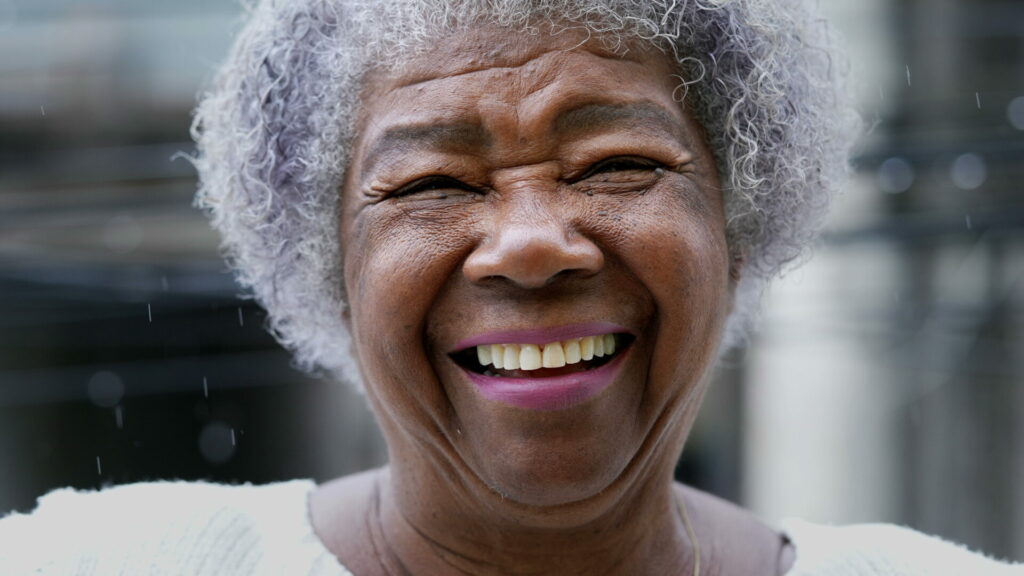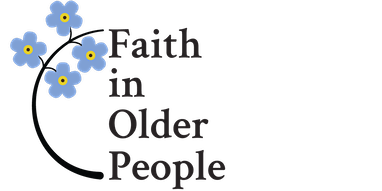
The importance of spiritual care and wellbeing of older people and the staff who support them is well documented through research, government policy, strategies and National Care Standards. These emphasise the person-centred approach which is embedded in the values and culture of health and care provision in Scotland.
Understanding the spiritual needs of an individual is fundamental to person-centred care. ‘Spiritual care is that care which recognises and responds to the needs of the human spirit when faced with trauma, ill health or sadness’, NHS Education for Scotland, (NES)1.
The importance of spiritual care is increasingly acknowledged in Scottish Government policy which upholds the World Health Organisation’s definition that ‘health is not just the absence of disease but is a state of physical, psychological, social and spiritual well-being’2.
Just as spiritual care is important in the care of individuals, so it is for staff who must be supported when their work embraces end-of-life care, dying and death, and the demands of a stressful environment. Scottish Care research3 highlights the role played by staff in considering someone’s end-of-life issues, and in triggering those important conversations.
There is increasing emphasis on human rights in Government policies which have an emphasis on ‘the need for people to be accepted and valued whatever their needs, ability, gender, age, faith, mental health status, race, background or sexual orientation’ and that their human rights are protected4. The principles set out in the new National Care Standards: dignity and respect, compassion, inclusion, responsive care and support, and well-being, all underpin the spiritual dimension.
This theme is echoed in the Strategic Framework on Palliative and End-of-Life Care (2015)5 which states that each individual person’s physical, psychological, social and spiritual needs are recognised and addressed as far as possible.
In the Care Cameo: Spiritual care is everyone’s business (2018)6, commissioned from FiOP, Dr Donald Macaskill, CEO, Scottish Care summarises the challenges for the care sector in applying the values of spiritual care and wellbeing in practice.
“As we seek to embed a human rights-based approach to care and support through the new National Care Standards it is important that we not only understand the role of formal religion and belief systems but wider understandings of spirituality. As a care sector and as carers we need continuously to explore what this may mean for the work we do and the services we offer.” Dr Donald Macaskill, CEO, Scottish Care (p.2).
FiOP works with a range of organisations to develop both understanding and implementation of spiritual care needs and this is acknowledged by the Scottish Government, Health Improvement Scotland, the Care Inspectorate and the NHS Chaplaincy.

